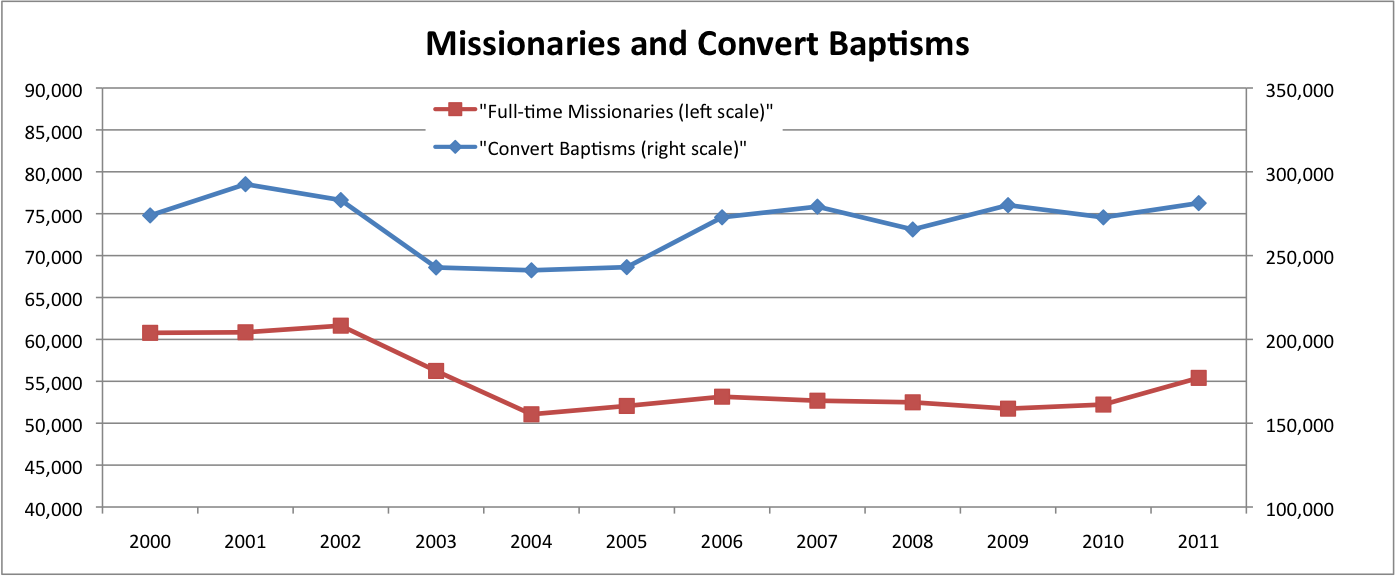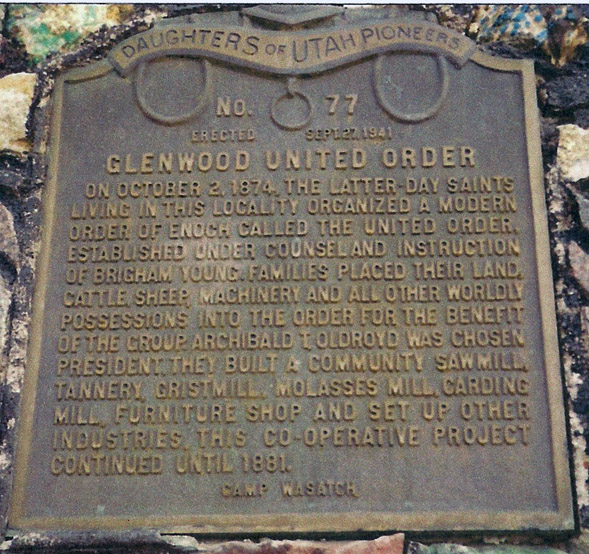Category: Liberal Arts
-
Post-structuralist Mormon?
I played with deconstruction a little bit this semester. It probably wasn’t a good idea; I didn’t feel I had a firm grasp on Derrida; his ideas squirmed away from me like slippery little fish. But it seemed like so much fun, like such a powerful tool; how could I resist? It was like fire…
-
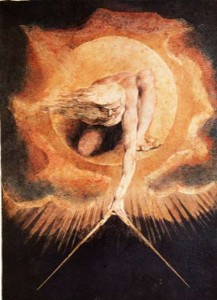
Exploring Mormon Thought: Sex
I don’t know much about God (which is probably pretty obvious), but I have thought a lot about sex.
-
Polygamy 2012
Once upon a time, family law was a marginal legal topic that didn’t make many headlines the way constitutional law or criminal law so often do. But gay marriage and Prop 8 have propelled family law and marriage to the legal center stage. In an odd parallel development, “the family” has, over the last few…
-

Taxing(?) City Creek Reserve, Inc.
The other day, Nate responded to many of Jana Riess’s criticisms of the City Creek mall in Salt Lake. As I read her piece, one sentence jumped out at me.
-
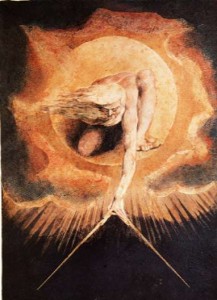
Exploring Mormon Thought: The Homogeneous?
In chapter 8 of The Attributes of God, Ostler continues grappling with the question of human agency in relation to God’s foreknowledge. The professional literature generated by this kind of theological question is wide and deep and the field is no particular speciality of mine. On these kinds of questions, Ostler is much better read…
-
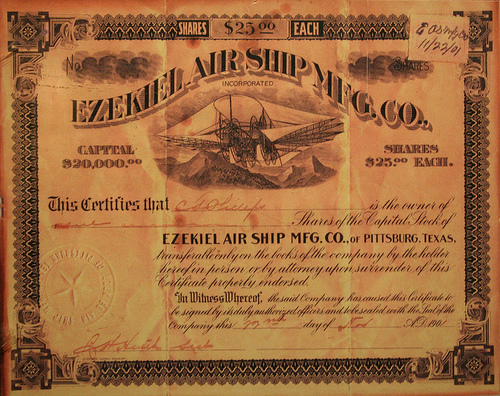
Mitt Romney’s Tithing Problem (?)
ABC broke the news: Mitt Romney has donated millions of dollars worth of stock to the Mormon church. SEC filings disclose that a Bain partner donated $1.9 million of Burger King stock to the Church; in addition, the Church has received stock of other Bain holdings, including Domino’s, DDi, Innophos, and the parent company of…
-
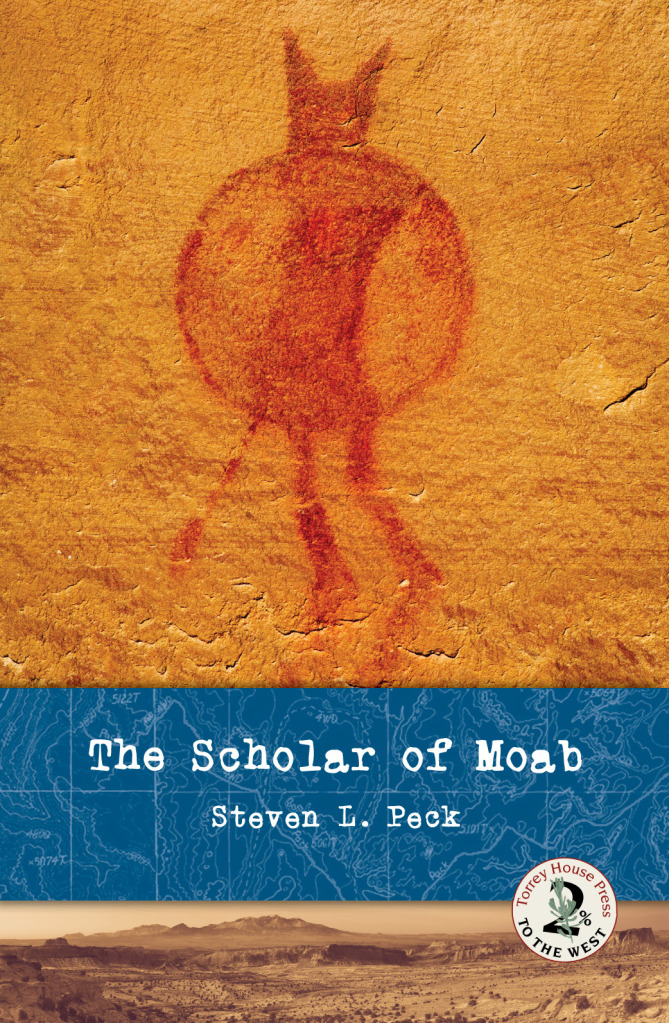
-
Phantom Limb
I can’t speak to your experience. I can’t speak even to my own. But I’ll tell a story. I remember the day and time and place that I stopped believing in God, but not the date.
-
How Are You Celebrating?
No, today isn’t a national holiday. It’s not any particular religious festival. We’re more than a week away from Halloween, a month from Thanksgiving, and a couple months from Christmas. The only reason you have today off (assuming you have today off) is because today is Saturday. And yet . . . On October 22,…
-
Ecce Theologus
Joseph Spencer is indispensable. He is the “not-thoughtless” and the “never-glosses-over.”
-
Background: Elder Oaks and the Charitable Deduction
Yesterday, as Marc pointed out, Elder Oaks testified in front of the Senate Finance Committee in favor of the deduction for charitable giving. He argued that the charitable deduction is vital to the nation’s welfare. Why, though, these hearings on the charitable deduction? Is it under attack? In case you haven’t been following the politics…
-
Elder Oaks Testifying Before Congress Today
For those interested, Elder Dallin H. Oaks is testifying right now before the Senate Finance Committee on tax reform, specifically incentives for charitable giving. He is testifying at the request of Senator Hatch.
-

Free Your Pulpit
On Sunday, as we luxuriated in General Conference (however we followed it), we missed an annual tradition: Pulpit Freedom Sunday.[fn1] A quick background on Pulpit Freedom Sunday: on July 2, 1954, Lyndon Johnson proposed that Section 501(c)(3) (the Internal Revenue Code section that exempts, among other things, churches, universities, and the NCAA from tax) be…
-

Circuitous Machinations – On Mormon Theology
A comically involved, complicated invention, laboriously contrived to perform a simple operation. —“Rube Goldberg,” Webster’s New World Dictionary
-
Mission Finances, part 3
(Note: this is the fourth part of a several-part series. You can read previous installments here, here, and here.) Quick review: prior to November 1990, missionaries and their families paid the actual cost of their missions. Moreover, parents would send money directly to their sons and daughters, with no intermediation from the Church. In May…
-
Mission Finances, Part 2 [edited 8/26/2011]
[Note: this is the third (yes, third) part of a many-part series. You can read Part 1 here and Part 1.5 here.] [Note #2: A friend points out that I left some information out of this post that is helpful in understanding what I’m talking about. That information is in Part 1, but it’s been…

